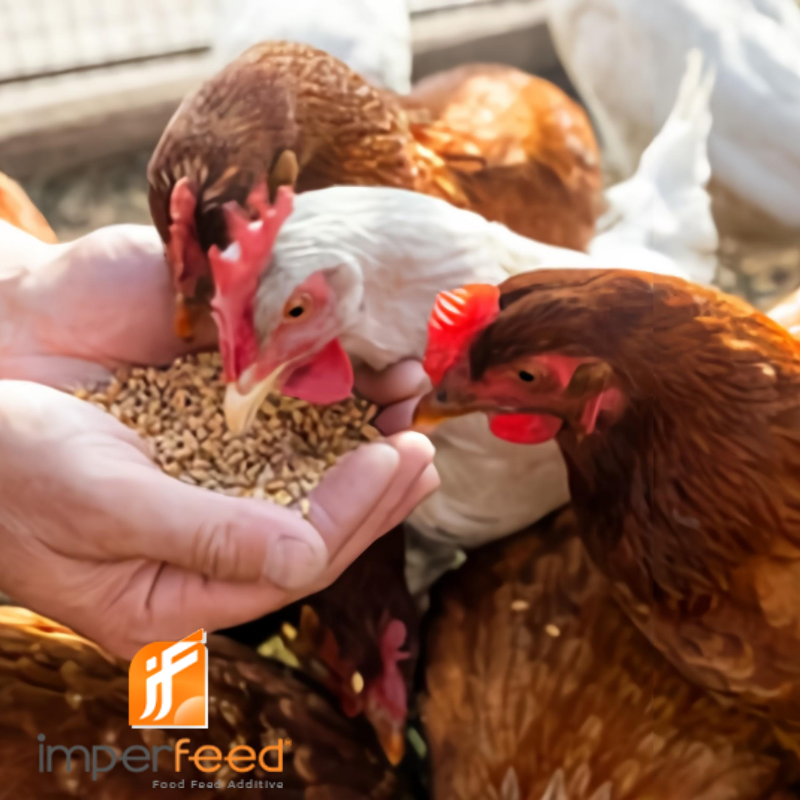
Media / News
5 Features of Feed Additives That You Need to Know
As a feed manufacturer, you need to be aware of the latest feed additives available on the market. These additives can improve the feed quality and feed efficiency of your animals, and you need to make sure that you are using them correctly. In this article, we will discuss Seven properties of feed additives that you need to know in order to use them safely and effectively. From nutritional additives to anti-microbial agents, these properties will help you make informed decisions when choosing which feed additives to use in your animal feed. By understanding these characteristics, you will be able to improve the feed quality and feed efficiency of your animals, which will lead to increased profits for your business.
1. What is a Feed Additive?
Feed additive is a substance added to feed to improve the nutritional quality and digestion of feed. Feed additives are used in various animal production systems, including intensive poultry production.
There are five main types of feed additives:
- Organic acids
- Phosphates
- Minerals
- Enzymes
- Probiotics
Most feed additives are approved by the Department of Agriculture and the Food and Drug Administration. Feed additives are typically used in small quantities, and their impact on the health and performance of animals is still great.
2. What Are the Benefits of Using Feed Additives?
There are many benefits to using feed additives, but here are five things you need to know:
1. Feed additives help to increase the nutrient density in the diet.
2. They help to reduce the amount of feed required to produce meat or milk at a certain level.
3. They help to improve digestibility.
4. They can help increase the weight of the animal.
5. They can help improve the flavor of meat or milk.
6. They help to take advantage of the feed.
7- They improve the egg quality in poultry.
3. What Are the Limitations of Feed Additives?
Feed additives are used to improve the quality of feed, increase productivity and improve the health of animals. However, it has limitations that you should be aware of.
The use of feed additives is allowed under the conditions specified in the Feed Additives Regulation (FAR). These regulations stipulate that feed additives can be used only in cases where there is a scientific basis for their use and there is no negative impact on the environment or animal health.
The use of feed additives can also have other consequences. For example, it can reduce the required amount of feed, which can lead to an increase in production.
4. How Do Feed Additives Work?
There are many different types of feed additives on the market today, and it can be difficult to know what works best for your animals. Imperfeed will help you with this with its experienced Veterinarians and Zootechnists. Also in this blog post, we will discuss some of the features of feed additives that are needed to make an informed decision about which additive to use.
Feed additives are products with natural ingredients that are added to an animal's feed to improve feed efficiency, growth and health. Some feed additives are used to treat livestock diseases, to improve the animal's coat or skin, or to increase the animal's meat production.
Feed additives can have a number of different effects on livestock, depending on the type of additive, its dosage and the animal's diet. Some feed additives can improve feed efficiency by increasing the amount of feed converted into meat or milk. Others can improve the growth of the animal by increasing the amount of meat produced. Still others can improve the animal's health by reducing the amount of illness or injury that occurs in livestock.
It is important to be aware of the properties of feed additives that you need to know in order to be able to make an informed decision about which additive to use. Imperfeed will help you with this with its experienced Veterinarians and Zootechnists.
